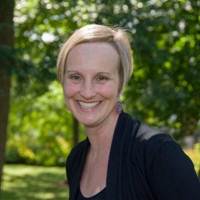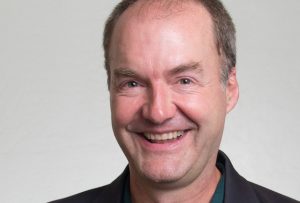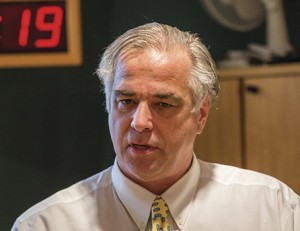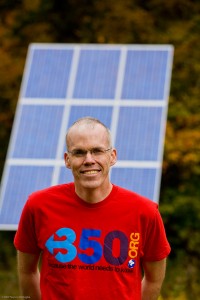In my role as a professor of biology at Middlebury College, one of the classes I teach each spring semester is Conservation Biology. I teach the course not only through the lens of how the principles of ecology and genetics can be applied to conserving life on Earth, but also through the lens of how conservation is practiced out in the real world. Many of my students want to become conservation practitioners, working for government agencies or environmental NGOs, and as practitioners they need to be fluent not only in the knowledge base that informs our thinking about what we should do but also in the skill set in how to do it.
Over the years, as I explored what that ideal skill set ought to look like, I continually asked the conservation leaders I worked with — agency heads, executive directors, entrepreneurs, activists — what skills they found most critical to being successful in there jobs.
When I began this informal survey, I was expecting them to tell me about special technical skills like GIS, remote sensing, plant identification, animal tagging, DNA barcoding, and the like. The kind of skills that we try to incorporate into our traditional academic majors. What I found was the exact opposite.
Without exception, the skills that were named were these:
- Raising money.
- Managing money.
- Managing people.
In retrospect, it makes perfect sense. Success emerges from the effective operation of a system, whether that system is an organization, volunteer initiative, business plan, or political campaign. And such systems require money and people.
This understanding informs much of how the Middlebury School of the Environment approaches the issue of environmental leadership, and in particular, why it includes “fundraising” as one of its eight important leadership skills. Some people are naturally gifted (or naturally un-self-conscious) at asking others for money to support their good idea. However, for a variety of reasons, many of us have an aversion to asking for financial support: embarrassment, shyness, a sense that money itself is a “bad” thing. The list goes on.
The good news is that this aversion is complete unnecessary. Fundraising need not be viewed as something that must be done against our wills, and thus as a negative. Rather, it can be viewed as a positive, a way to help others with financial resources to support achieving their own goals and desires.
 This is the foundation for the Fundraising workshop offered in the MSoE. Taught by Sue Kavanagh, we guide students through the steps for a positivist view of fundraising. With over 25 years of fundraising experience, Sue currently serves as director of principal gifts at Middlebury College, where she is responsible for providing direction and support for the cultivation, solicitation, and stewardship of Middlebury’s highest-level potential donors. With most of her career in higher education, Sue’s work has focused primarily on individual fundraising. Her practice spans two comprehensive capital campaigns at Middlebury and before that at Paul Smith’s College in the heart of the Adirondacks when that institution was developing its first environmental programs. Sue started working in political advocacy and fundraising in New York State’s capital following completion of her BA in communication at the State University of New York at Geneseo.
This is the foundation for the Fundraising workshop offered in the MSoE. Taught by Sue Kavanagh, we guide students through the steps for a positivist view of fundraising. With over 25 years of fundraising experience, Sue currently serves as director of principal gifts at Middlebury College, where she is responsible for providing direction and support for the cultivation, solicitation, and stewardship of Middlebury’s highest-level potential donors. With most of her career in higher education, Sue’s work has focused primarily on individual fundraising. Her practice spans two comprehensive capital campaigns at Middlebury and before that at Paul Smith’s College in the heart of the Adirondacks when that institution was developing its first environmental programs. Sue started working in political advocacy and fundraising in New York State’s capital following completion of her BA in communication at the State University of New York at Geneseo.
With Sue’s guidance, students in the MSoE will comes away with greater confidence that they can successfully attract financial support to launch their ideas that will make the world a better place!
 Having passion is important. Having a great idea is a good thing. But sooner or later, in one setting or another, everyone encounters a conflict in moving an idea forward or getting a message across. It’s normal, and therefore a successful leader doesn’t focus just on avoiding conflict but also on managing it when it occurs.
Having passion is important. Having a great idea is a good thing. But sooner or later, in one setting or another, everyone encounters a conflict in moving an idea forward or getting a message across. It’s normal, and therefore a successful leader doesn’t focus just on avoiding conflict but also on managing it when it occurs.


